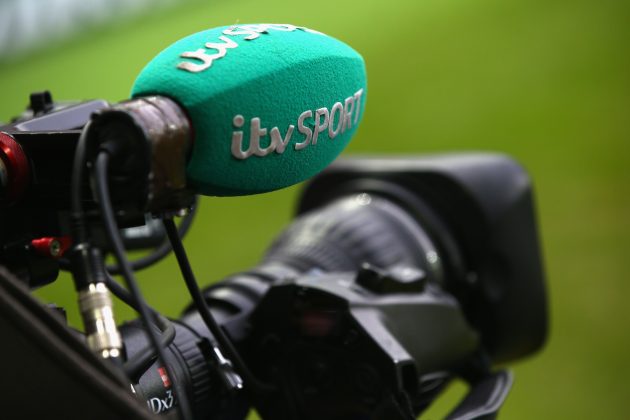Clear explanations versus quick-fire format win out
Amidst the chaos of Wales versus Scotland – and that epic in Cardiff could’ve been dreamt up by a room full of sugar-high toddlers – there was time to pause.
Measured, informative, clearly defined and backed up by graphics. The expert panels on the BBC were able to demystify some of what went on in that game. With Sam Warburton breaking down, well so much more than just the breakdown, and Chris Paterson explaining to us what “winning the kicking battle” actually means, we got some real insight. The viewer at home was treated like they had a handle on the game, but here’s a bit more, watch this.
Read more: Scotland survive epic Wales comeback to finally end 22-year hoodoo
It really comes down to formatting. Compare it with the ITV Six Nations showing earlier in the day, for Italy versus England.
While the nature of BBC coverage means there are no adverts to work around, on ITV they have to roll with the breaks. And that’s fair enough, we understand that. But are they doing it right? By insisting on the now-enshrined format of having a host and three panellists, the time anyone gets to explore a topic (so everyone gets fair share of screen time) means we are given soundbites; snippets; a stat and a snappy line and that’s it.
This isn’t a shot at the panels, but more the fact they are numbered the way they are. If the amount of time you get to give your talent is set firmly in stone, why not reduce the number of pundits to two, so they can speak more? You’d hope that they surely have more insight to give, so let them enjoy more time to explore. Let us see if they do, before a new hatchback is flogged to us.

A BBC Sport microphone (Getty Images)
Now, we can get to what they are asked to focus on if you want.
Italy cut loose against England, finishing their match at home just three points off in the end, 24-27. Not the first ever win over England they so desperately wanted, but a display that will have many fans of the sport pulling one of those ‘not bad at all, mate!’ faces.
Again, we understand that England are being shown on one of their own national broadcasters and that Steve Borthwick’s side have several new faces that will be unknown to the transient fan and need introducing. And in comparison, BBC on Saturday had two home nations to cover.
But surely the producers for the ITV Six Nations coverage don’t think that whoever is tuning into their broadcast just want 90% chat about England if they are playing the Azzurri? You cannot leave so much heavy lifting to the commentary teams.
There are plenty more weeks of action to come. If ITV can find a way to let the analysts have more time to offer us their analysis, and give us more understanding of the game, surely we all benefit.
Next week they have England and Wales, and Ireland versus Italy on the station. Let’s really let people cook. As for the BBC, they have to maintain standards.
What did you make of the BBC and ITV Six Nations programmes? Let us know on social media or at rugbyworldletters@futurenet.com.
Download the digital edition of Rugby World straight to your tablet or subscribe to the print edition to get the magazine delivered to your door.





